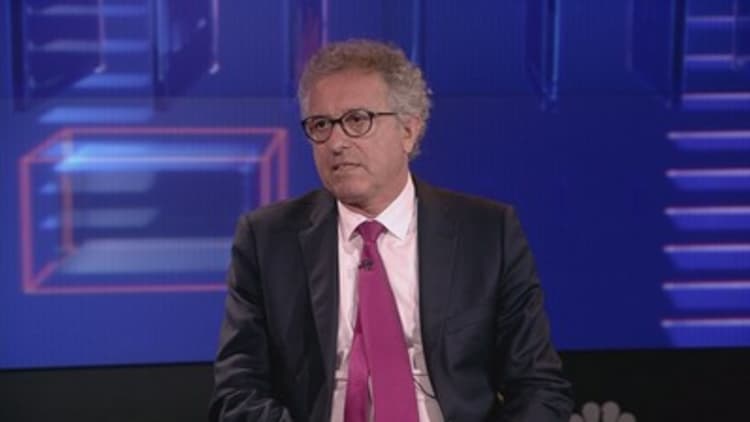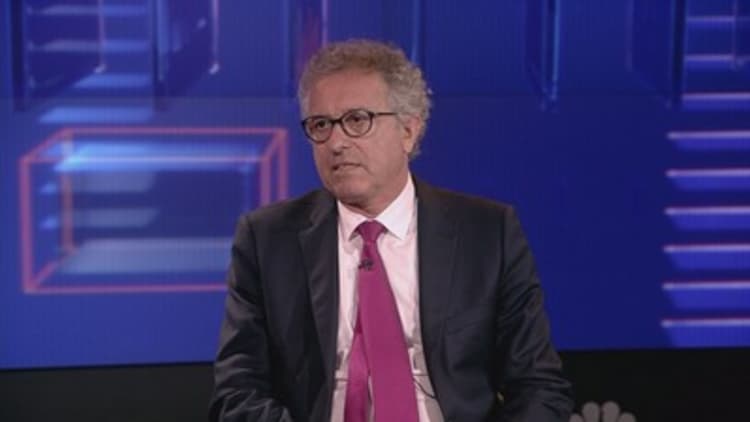Luxembourg's finance minister believes that Europe should consult with the United States before going ahead with any taxation plans on large digital firms like Google.
"If a provisional taxation would lead to an escalation in the relationship with the main partners, and specifically with the United States, it would obviously be counterproductive, that's why I think the dialogue with the U.S. is so important," Pierre Gramegna told CNBC's Joumanna Bercetche Wednesday.
The European Commission proposed in late March changes to how digital businesses are taxed in the 28 member states of the EU. The Commission — the EU's executive body — said at the time that digital companies pay on average an effective tax rate of 9.5 percent — compared to 23.2 percent for traditional businesses, which it said was not fair.

It then went on to suggest that even an added digital tax of 3 percent could generate about 5 billion euros ($5.99 billion) in revenues per year. If implemented, the proposal would therefore mean that firms such as Google, Amazon and Facebook could face higher taxes in Europe. Amazon has its European base located in Luxembourg.
European authorities have said that the United States has demonstrated willingness to discuss the issue. Gramegna added that there is a "consensus inside the European Union that we need to find a new model to address the issue of digital economy."
"Where there is less consensus is how to approach that, because what is on the table now is recognized by all as being kind of a quick fix, a turnover tax, which has lots of disadvantages," he said.
France, perhaps the most vigorous advocate of a digital tax, wants to see an agreement at the EU level by the end of the year. The issue has become even more relevant after controversies involving tech giants — such as the recent data scandal involving Facebook — and ahead of European elections in 2019.
However, there are countries that are against Europe taking the lead on the issue, and would rather wait for a common agreement at the OECD (Organization for Economic Co-operation and Development) level.



